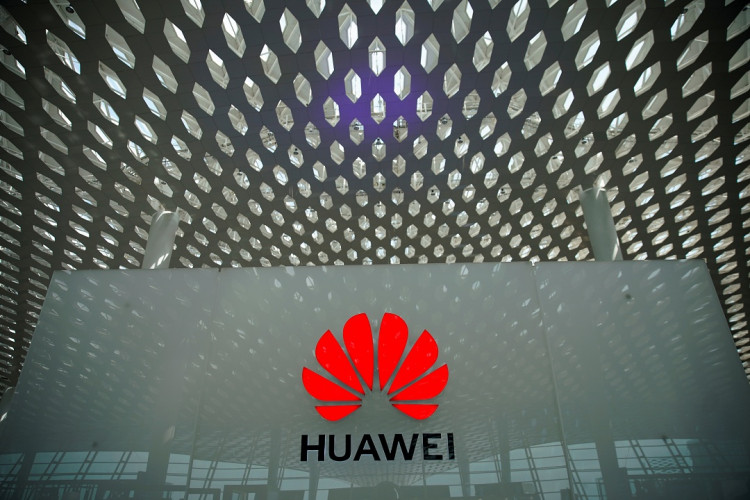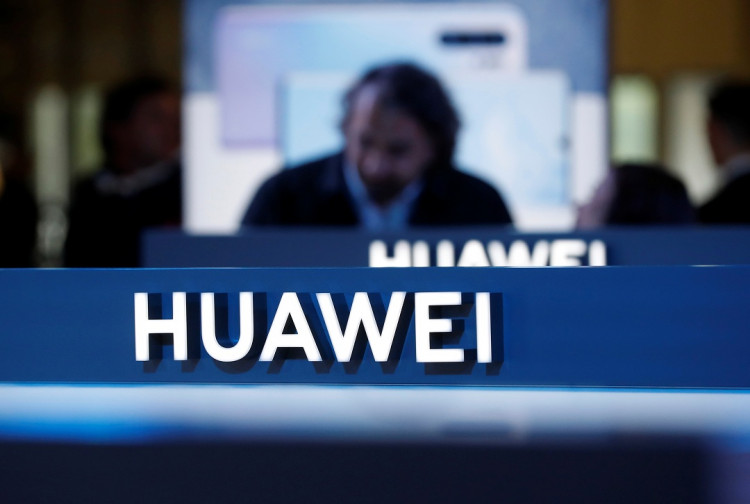Following US President Donald Trump's promise of easing the country's restrictions against Huawei, commerce officials stated that they will be allowing US firms to sell their technologies to the Chinese firm on a case-by-case basis.
US Department of Commerce secretary, Wilbur Ross, announced on Tuesday that they will be checking all of the transactions to see if the technologies being sold to the blacklisted Chinese telecommunications giant pose no threat to the country's national security.
The commerce department official revealed that they will be issuing licenses to companies that they think do not pose a US national security threat. Ross emphasized that Huawei was still on the country's so-called Entity List.
Ross made his statement following a reported telephone meeting between top negotiators from both China and the United States. According to White House economic adviser Larry Kudlow, the phone meeting between the negotiators apparently went well and was very "constructive." Kudlow revealed that both parties have agreed to conduct a face to face meeting, but they have yet to decide on a specific date.
In response to questions regarding China's promise to purchase more agricultural products from the US, Kudlow stated that they how Chinese President Xi Jinping will "move immediately" while both countries are still open to negotiations. The White House official pointed out that China's fulfillment of its promise is vital to the ongoing trade talks.
China's also released a brief statement to the press confirming the telephone meeting. The country's commerce ministry revealed that Vice-Premier Liu He and Minister of Commerce Zhong Shan had spoken with Treasury Secretary Steven Mnuchin and US Trade Representative Robert Lighthizer. The conversation apparently revolved around how to go about fulfilling the agreement that was made by Trump and Xi at the recently held G20 summit in Japan.
Prior to the telephone meeting, Chinese state media had warned that China may cancel its plans to buy more agricultural products if the US does not immediately fulfill its own promises.
Experts believe that one of those promises may be the lifting of the restrictions against Huawei.
In May, the US Commerce Department had placed Huawei and 68 of its affiliates in the country's trade blacklist. The move essentially cut Huawei off from its US suppliers, depriving it of valuable components and technologies. During that time, the US argued that Huawei was posing a security threat to the country with allegations of it being involved in unscrupulous activities that are against the country's foreign policies.







